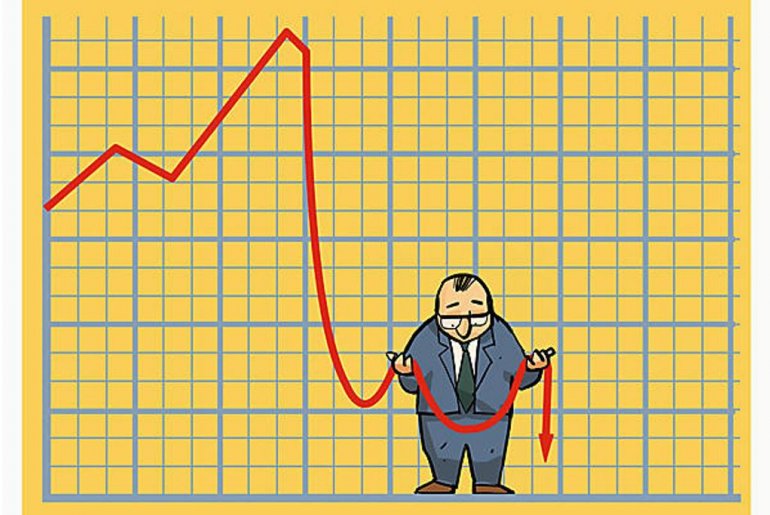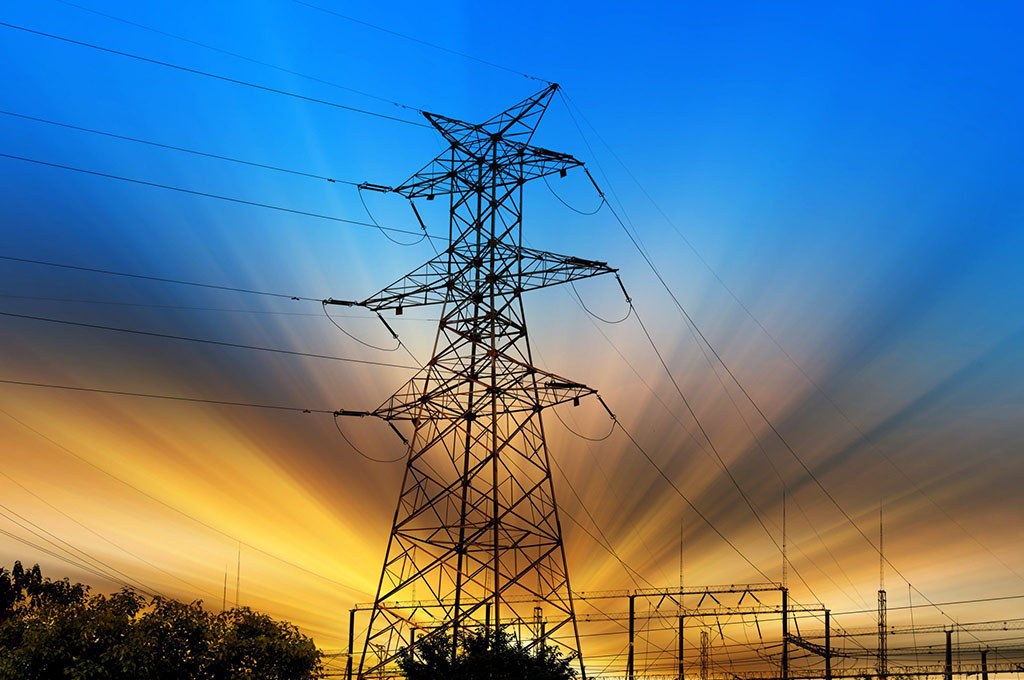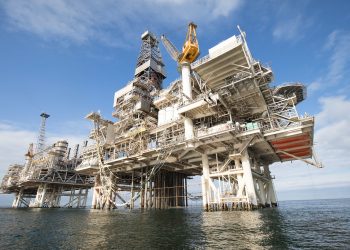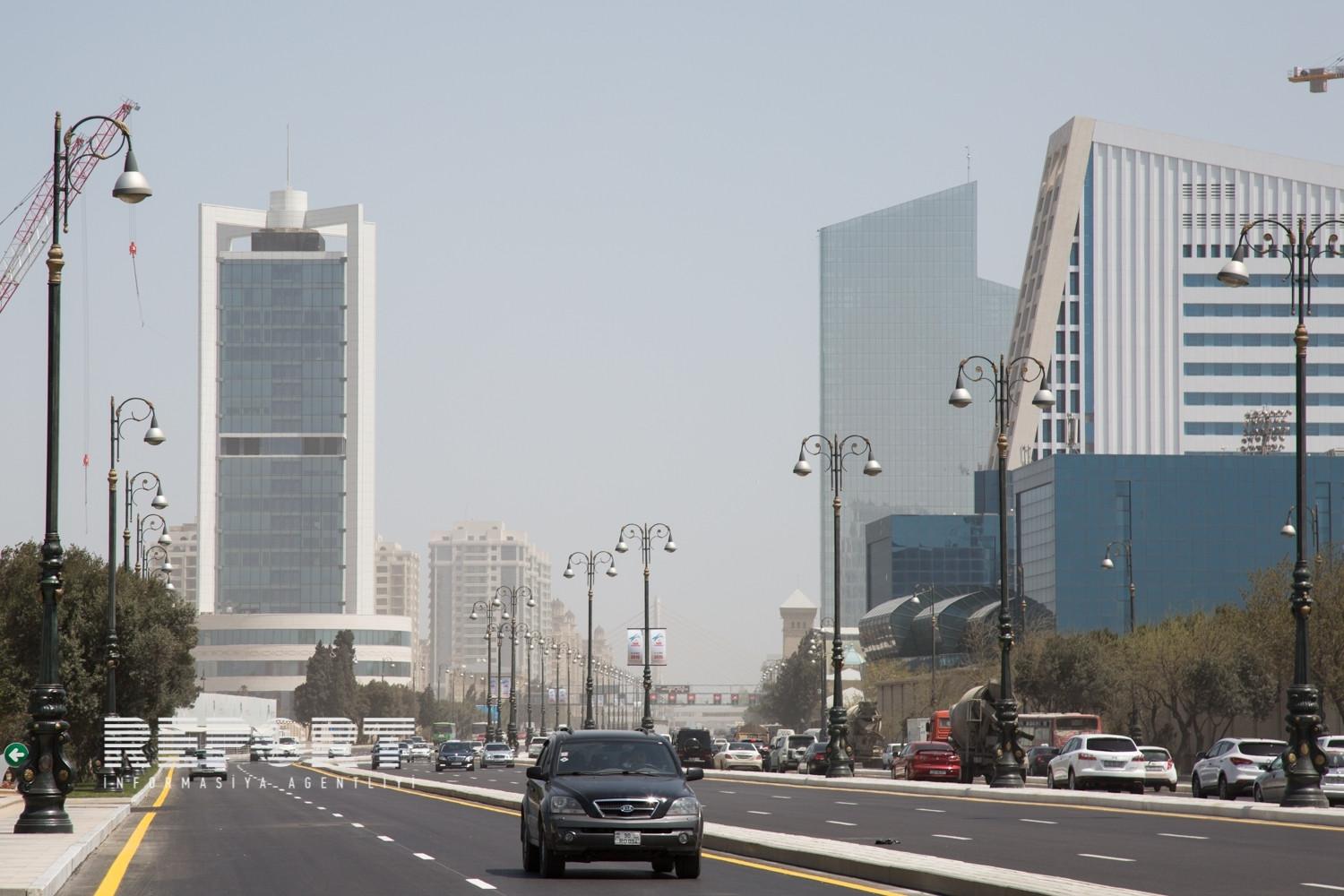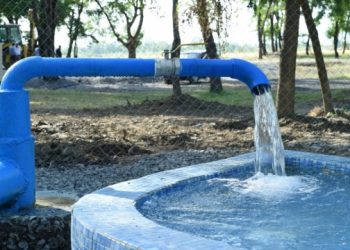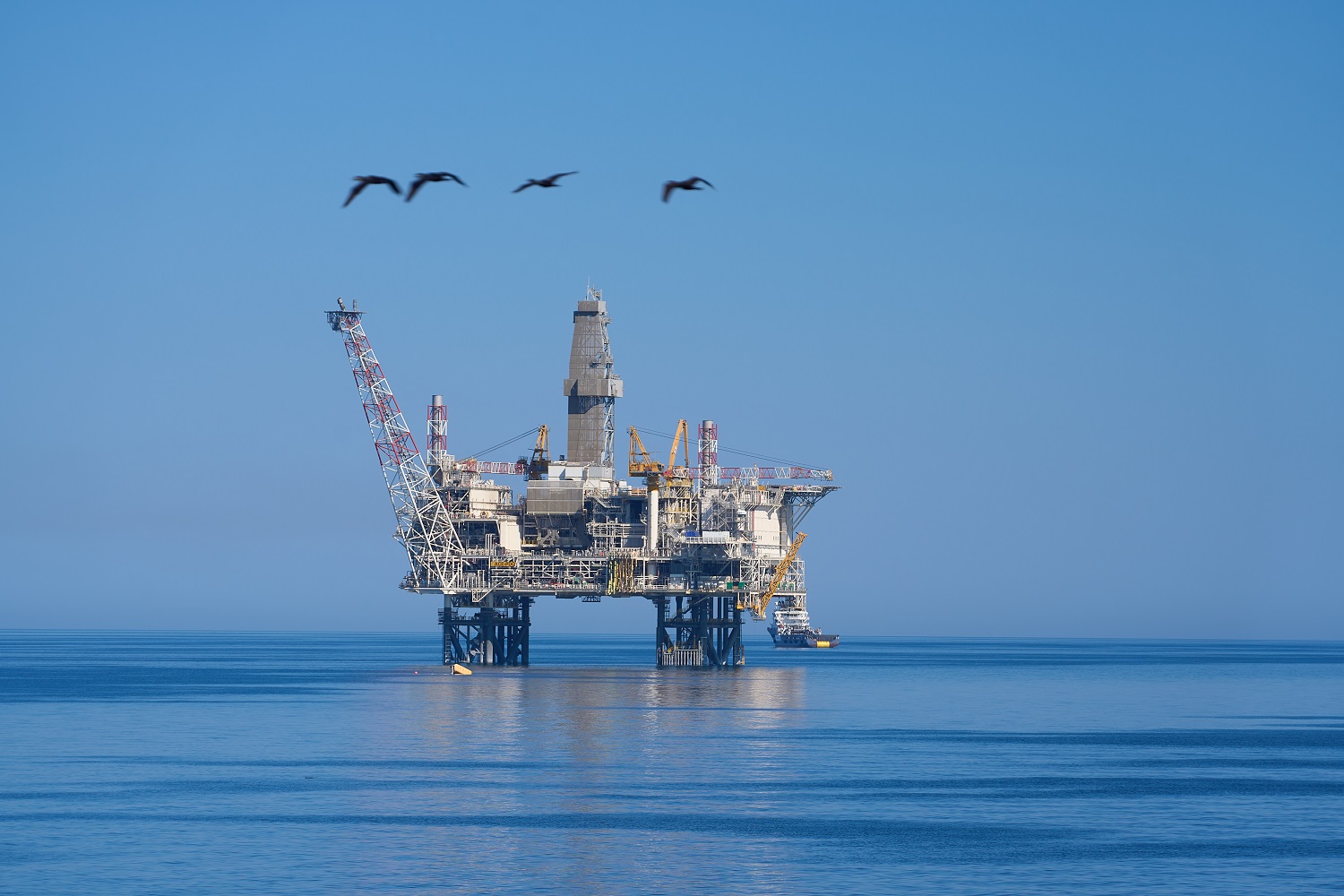A planned pipeline that would link the gas fields of Azerbaijan to eager European consumers is unlikely to be impacted by the broader, sustained decline in global energy prices, according to a project manager from Greece.
 Speaking at an energy conference in Athens, Rikard Scoufias – a local manager for the Trans Adriatic Pipeline- stated that the 540-mile pipeline is expected to begin construction as early as the middle of this year.
Speaking at an energy conference in Athens, Rikard Scoufias – a local manager for the Trans Adriatic Pipeline- stated that the 540-mile pipeline is expected to begin construction as early as the middle of this year.
In addition to providing Europe with a much-needed alternative for natural gas, the TAP pipeline is expected to produce a number of temporary and long term jobs in participating countries – something that the beleaguered Greek economy desperately needs.
The project would also run through Turkey, Georgia, Albania and across the Adriatic Sea. The project would open a new avenue for European consumers who’ve long sought alternatives for more unpredictable producers, including North Africa and Russia.
“The financial investment decision has already been taken,” he said, according to Reuters. “But it does put an additional emphasis on cost management.”
According to that report, the pipeline would allow about 10 billion cubic meters per year of gas to travel from Azerbaijan to Europe by 2020. While this actually makes up a small percentage of the amount of natural gas actually used by European consumers each day, the pipeline is one small step towards the European Union’s goal of broadening their resource base, specifically in a way that will reduce their dependence on Russian reserves.
For Greece, the project would not only assist the country in establishing itself as a more formidable energy actor in the region, but would also provide employment and development opportunities when it needs it most.
I write about energy and policy issues facing the Mediterranean region
Forbes.com


